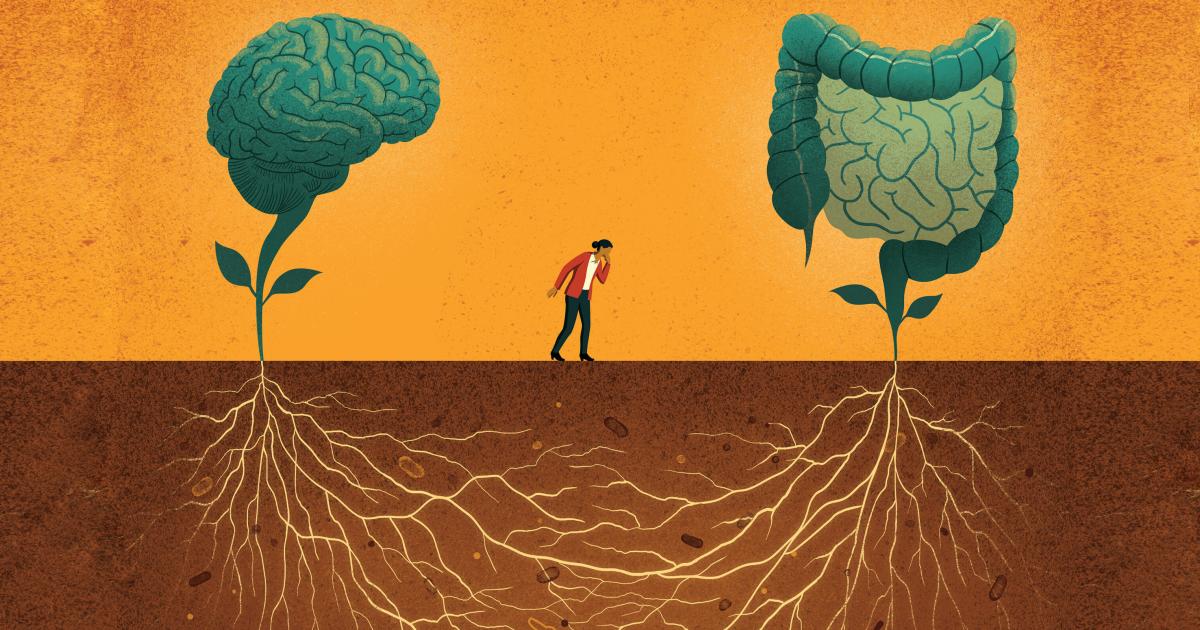A surge of new clinical and research data has reaffirmed the strong, two-way link between mental and gut health—reaffirming that the gut is truly our "second brain." Researchers, doctors, and hospitals are highlighting the way the gut-brain axis, an extremely complex system of communication, is revolutionizing what we know about mood, thinking, and even psychiatric treatment.
Key Highlights
Two-Way Communication: The gut-brain axis is a continuous two-way communication network between the brain and the digestive system through nerves, hormones, and immune signals. What this translates to is that your gut health can influence your mood and mental sharpness, and that emotional states and stress can influence your digestion.
Microbiome Matters: Trillions of microbes residing in the gut produce metabolites—like short-chain fatty acids—that directly influence brain function, mood, and even blood-brain barrier integrity. Disturbance in this microbial community (dysbiosis) has been linked to depression, anxiety, and other mood disorders.
Real-World Impact: Daily life—such as the sensation of "butterflies" prior to a stressful situation or nausea with anxiety—is based on this gut-brain conversation. Emotions can trigger gut symptoms, and gut imbalances can result in mental illness.
Therapeutic Potential: New frontiers are opening up, ranging from the application of probiotics and prebiotics, to nutrition intervention, and even fecal microbiota transplantation, to treat or even prevent mental illness through gut health. Precision medicine approaches are being investigated to tailor gut-based therapy according to needs.
Genetic and Pandemic Insights: Large-scale investigations in recent years establish a genetic link between gastrointestinal and psychiatric illness, once more validating the gut-brain axis. The gut microbiome's role in post-COVID "brain fog" has also been confirmed, and gut-focused treatments have been proposed for long COVID symptoms.
"Your gut and brain communicate with each other nonstop, not only influencing how you digest your lunch, but also how you deal with stress, concentrate, and recover from a horrible day."
The Bottom Line
The new science confirms: your gut care is brain care. As researchers increasingly unravel the gut-brain connection, specialists recommend feeding your gut fiber, probiotics, and stress reduction—not just for efficient digestion, but for sharp thinking and emotional resilience.
Source: Jaslok Hospital, Kauvery Hospitals Bangalore, Nature, Seed, PubMed Central (June 28, 2025)
Stay Ahead – Explore Now!
No news available
